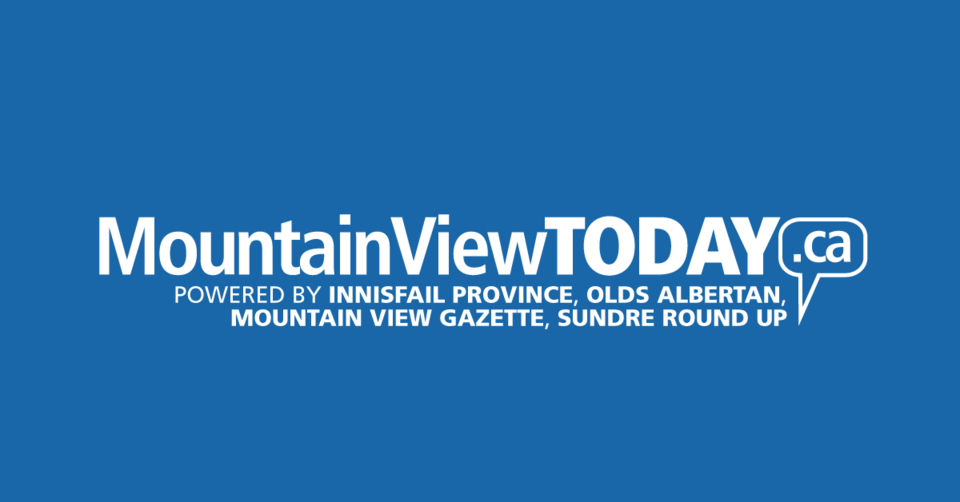COVID-19 has significantly raised the issue of senior care facilities. Substandard conditions are the result of several factors including ageism, racism, and ignorance.
The economy and low standards are contributors. Fear can be a factor when planning one’s own or a family member’s care. In the next few weeks, the Olds Age-Friendly committee will offer a variety of viewpoints and some solutions.
Now is an ideal time to forward you suggestions to this newspaper, your MLA and MP.
Future topics include:
- Private/public/stay at home
- Costs and standards
- Staffing, training, volunteers
- Dementia care and research
- Reviewing other systems
- Senior health issues
- End of life care
People are already identifying issues and making recommendations that sound reasonable and feasible. Are they? While advocating for a system change, we recognize our limits and acknowledge our vested interest in improving systems.
As a child, I visited a family with an elderly relative lying in a hospital bed in the middle of the living room. Family members visited and cared for him, sharing in the burden.
As a young adult, I had health care discussions with many politicians. In the 1980s, these politicians believed families should care for their family members whether aged, disabled or nearing end-of-life.
The politicians — a majority of them male — struggled to envision this was not possible for everyone. Female, once stay-at-home caregivers, were becoming a vital part of the workforce.
Smaller families, and adult children often working in different cities, confirmed the family-caregiver model no longer worked. Even in the ‘good old days’ some seniors were inadvertently neglected. I recall as a Girl Guide, visiting a seniors’ home: one small room held three men who looked hopeless and depressed.
The room had meagre furnishings: no books and no TV, but one dusty violin. I could not imagine my grandparents being in this situation.
Today some facilities seem plush by comparison. It appears not uncommon though, to have four people in a room. While this setting might be adequate for some, other adults may desire, and need, more privacy.
Some facilities have TVs, books, computers, and games. The questions now are: who will operate the equipment, play the games, or read the books? Anyone?
The future direction of elder care will require global input from geriatric specialists, those living with disabilities, and, of course, seniors.
Decision-makers should learn and understand the huge variety of older peoples' needs and available options. Understanding various systems and customs may produce quality strategies for our rural and urban communities.
The best decisions might include suggestions from persons representing every part of our society. These changes will not be made in isolation.
Thus, the approved changes may be cost effective while meeting seniors evolving needs.
Next week: options; public/private/stay at home.
- Age-Friendly Committee of Olds Institute



